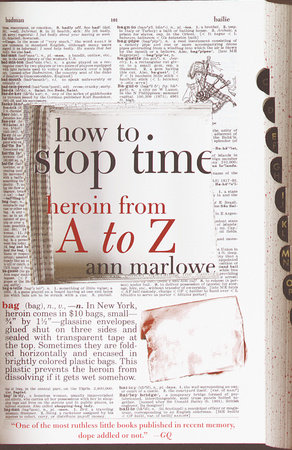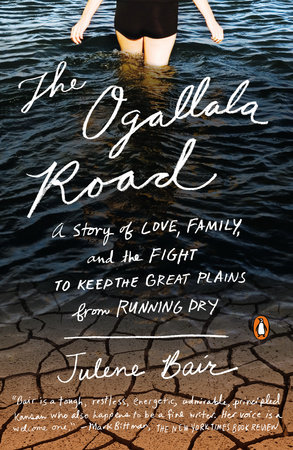

The Ogallala Road
By Julene Bair
By Julene Bair
Category: Biography & Memoir | Science & Technology

-
Mar 06, 2014 | ISBN 9781101609316
YOU MAY ALSO LIKE
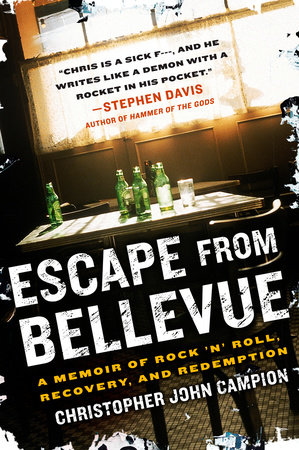
Escape from Bellevue

A Father’s Love
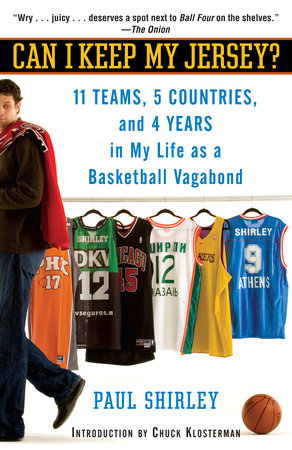
Can I Keep My Jersey?
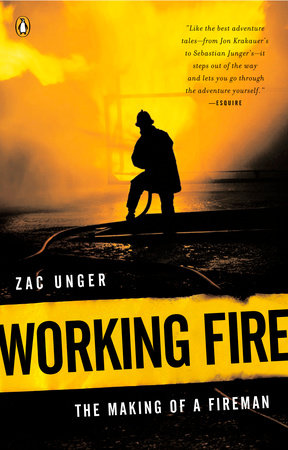
Working Fire
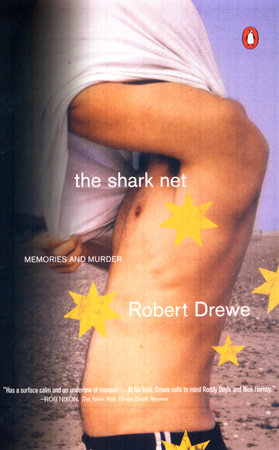
The Shark Net
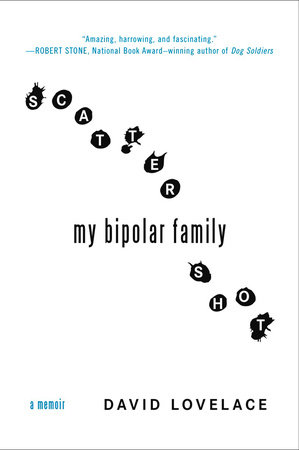
Scattershot
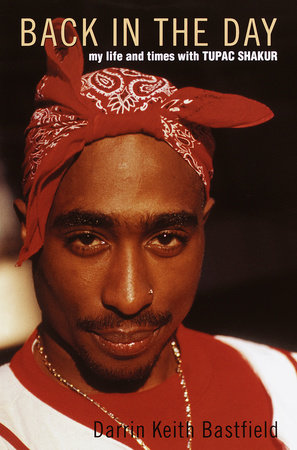
Back in the Day

Silent No More
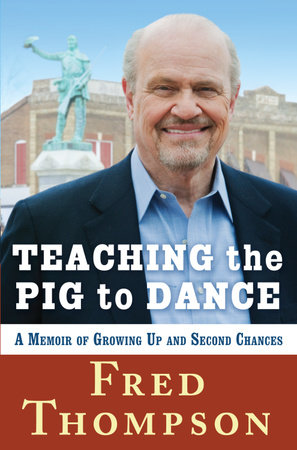
Teaching the Pig to Dance
Praise
Praise for The Ogallala Road
“A story of land, water, relationships, and love . . . Bair witnesses many changes from her birth in 1949 until the turn of the twenty-first century, a time when the small American family farm and many of its supporting towns were pretty much overwhelmed by industrial agriculture. . . . Her mournful tale is told with resignation, honesty, and heartbreak, but also with strength and joy. . . . This is a book by a tough, restless, energetic, admirable, principled Kansan who also happens to be a fine writer. Her voice is a welcome one.”
—Mark Bittman, The New York Times Book Review
“A narrative that a number of readers greatly enjoyed . . . Bair balances several themes: inheriting part of a Kansas farming empire and returning to live on the ancestral land; becoming an eco-activist when she realizes that her farm and all around it are draining the gargantuan, life-giving Ogallala aquifer beneath her feet; and getting romantically involved with a neighbor of decidedly different political views.”
—Elle, Elle’s Lettres Readers Pick, April 2014
“Bair’s way with words is beautifully descriptive and one senses a deep connection to the land. The Ogallala Road is a wonderful mix of reminiscing one’s personal journey and history back to their roots, so to speak, concern for man’s impact and depleting of the land’s limited natural resources, and a poignant, sweet little love story with a bona-fide cowboy. . . . Julene Bair shares her heart and will touch yours with this powerful book.”
—San Francisco Chronicle
“Bair’s voice is fierce, passionate, and determined. . . . Readers of environmental literature will hear echoes of Terry Tempest Williams, Rick Bass, Wallace Stegner, and Rachel Carson. Yet she doesn’t lean too heavily on her literary forebears. She has written her own tale and coupled it with a story of water that concerns us all.”
—Los Angeles Review of Books
“The book takes on a narrative drive that goes beyond the usual environmental book. Will they fall in love? Will they find a way to keep the farm without draining the aquifer, like farmers had been doing for decades? . . . . But that’s a reckoning that is yet to come for Julene Bair, the farmers in Kansas, or for the rest of us who live on what was once one of the greatest grasslands on Earth.”
—Minneapolis Star-Tribune
“Bair connects her life’s journey to the larger tale of the depletion of the Ogallala Aquifer in Kansas and other Great Plains states. The book beautifully blends personal and societal concerns. . . . The internal conflict that drives the book—Bair’s family is among the many irrigators whose farming methods contribute to the depletion about which she is deeply worried—is writ large throughout the states where irrigation is common. On the one hand, huge volumes of water are necessary to grow the most profitable crops; on the other hand, the aquifer simply cannot survive the current levels of depletion indefinitely. Bair delineates the challenges clearly, and doesn’t shy away from the complications and contradictions in her own life.”
—The Gazette (Cedar Rapids/Iowa City)
“Some readers of this splendid book will revel in Bair’s able descriptions of landscapes, such as Kansas wheat country, the Kansas of her imagination (unfarmed grassland), the Wyoming mountains, the Mojave Desert and Death Valley (from experiences she had while living in California). Other readers will find themselves compelled by the descriptions of relationships Bair had with men along the way. All readers will be enthralled by Bair’s descriptions of her relationships with her two brothers and of her love for her son, Jake—from birth through his teenage years.”
—Prairie Fire
“Bair’s loving prose on the places she’s lived and visited make this memoir worth picking up. . . . Her descriptions are made all the more lovely by a plainspoken Kansas sensibility that brings the reader back to earth in good time.”
—Boulder Daily Camera
“Bair’s memoir is a moving and honest account of a woman trying to reconcile parts of herself that seem irreconcilable—daughter, mother, lover, landowner, environmental advocate. In searching for unity within herself, she discovers what she truly values.”
—BookPage
“A combination of nature writing, environmental concern, and love story . . . Bair’s contemplative praise of the high plains and the western deserts, her yearning for a father for her son and her lament for a dying way of life will strike chords for diverse readers.”
—Shelf Awareness
“In this thoughtful consideration of life at a crossroads, Bair tackles questions about single parenthood, romance, and the monumental task of determining the future of the family farm. . . . She recounts her long concerns with the demands farming places on the land, especially the Ogallala aquifer. . . . Bair’s measured approach to her family’s ultimate decision about the farm provides a thoughtful look into America’s heartland. Book groups should find much to discuss here, from love to family to the big questions we all must face about how we live now.”
—Booklist (starred review)
“Nostalgia for the family farm in arid western Kansas vies with a deep consternation about the draining of the Ogallala Aquifer by crop irrigation in Bair’s ardent, deliberative narrative. . . . Her thoughtful work underscores the dilemma now facing farmers on the High Plains.”
—Publishers Weekly
“A gifted writer describes the ebbs and flows of the arc of a romantic relationship while exploring her own bond to the American heartland.”
—Kirkus Reviews
“The Ogallala Road is a story about love, family, and the unraveling of the earth. But more than anything it is about what it means to be shaped by a place, to love it so much its waters run in your veins like your own blood. Like Wallace Stegner, Julene Bair writes about people inseparable in every way from the land.”
—Peter Heller, author of The Dog Stars
“Bair elegantly weaves heart and earth, love and the place where it is born. You can taste the water in this book, and the thirst when it is gone.”
—Craig Childs, author of The House of Rain and Animal Dialogues
“A fierce mother, a dutiful daughter, an eager lover, Bair has plowed fields, driven tractors, and worked her father’s land. She has witnessed an erosion of values that has brought the American heartlands to the brink of environmental calamity. The Ogallala Road is her moving story of love and loss, denial and reckoning, and the emergence of a new kind of hope.”
—Ruth Ozeki, author of A Tale for the Time Being and My Year of Meats
“Folded into an eloquent appeal for the preservation of the nation’s most vital source of fresh water, this wonderful book is also the most poignant remembrance of a prairie love affair—a small and finely-crafted masterpiece.”
—Simon Winchester, author of The Men Who United the States and The Professor and the Madman
“Bair explores the deepest of questions about time and place, expertly weaving together her family story, the history of the land and water, and her own struggles as a parent, daughter, and lover. In the end she makes a plea for integration of our personal lives with the life of the earth. This book is both an engaging memoir and an act of environmental advocacy.”
—Mary Pipher, author of The Green Boat and The Shelter of Each Other
“Read this book carefully. Ponder Alfred North Whitehead’s insight: ‘The essence of dramatic tragedy is not unhappiness. It resides in the solemnity of the remorseless working of things.’ Ask yourself what you would do if you were a farmer on the High Plains of Kansas. Julene Bair has given us a profound account of a dramatic tragedy.”
—Wes Jackson, founder and president of The Land Institute
“Absorbing and keenly intelligent, The Ogallala Road is a brave, unflinching examination of identity, home, and, as Bair aptly observes, ‘the price the land paid for our comfort.’”
—Maryanne O’Hara, author of Cascade
21 Books You’ve Been Meaning to Read
Just for joining you’ll get personalized recommendations on your dashboard daily and features only for members.
Find Out More Join Now Sign In








